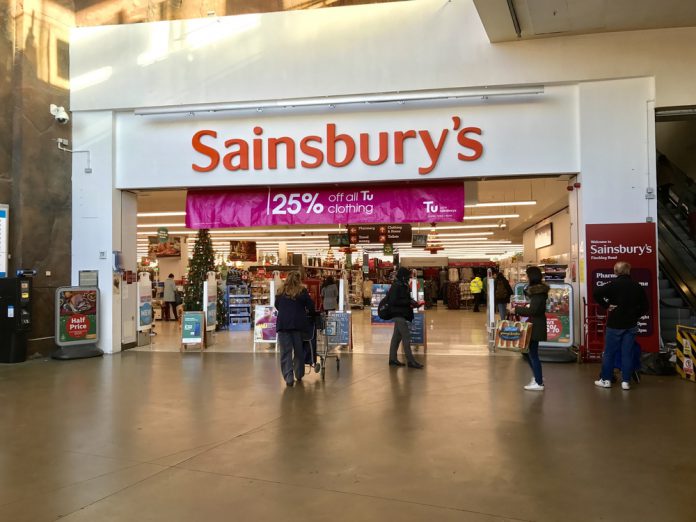The latest supermarket share figures showed Sainsbury’s (LON: SBRY) lagging behind its three main rivals with the slowest growth for over a year.
Sainsbury’s sales rose by just 0.2 percent in the 12 weeks to 22 April this year compared to Asda’s much faster growth of 1.4 percent in the same period.
Tesco (LON: TSCO) displayed more impressive results, growing by over two percent in its best set of performances since 2011.
Tesco remains the UK’s biggest supermarket chain with a 27.6 percent share of the market. Sainsbury’s has a 15.9 percent share while Asda, currently owned by Walmart (NYSE: WMT), has 15.5 percent.
The fastest growing supermarket was crowned to Morrisons (LON: MRW), which had a sales growth of 2.2 percent and holds a market share at 10.5 percent.
Fraser McKevitt, the head of retail and consumer insight at Kantar Worldpanel, said: “It is very competitive out there for Sainsbury’s. Having had a difficult couple of years, Morrisons is now doing the basics of retail very well and Tesco is not seeing hugely rapid growth but it is consistent. In the light of a zero-sum game for food retail that has put pressure on everybody else.”
Aldi and Lidl increased sales by 7.7 percent and 9.1 percent respectively as they opened new stores across the UK.
Whilst sales for Sainsbury’s may have been slow, should the deal with Asda go through the combined group will overtake Tesco as the UK’s biggest supermarket by market share.
The deal has garnered much attention over the weekend, with concerns of market domination. Rebecca Long-Bailey, Labour’s shadow business secretary, said: “A Tesco/Sainsbury’s-Asda duopoly [would have] unrivalled power to dominate, dictating choice and prices for consumers … [It also] poses immense risk to suppliers, with unprecedented bargaining power to drive suppliers’ prices and payment terms down.”

